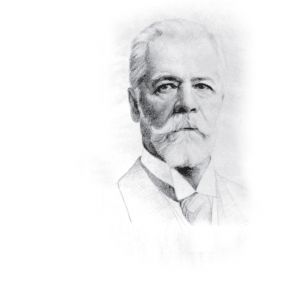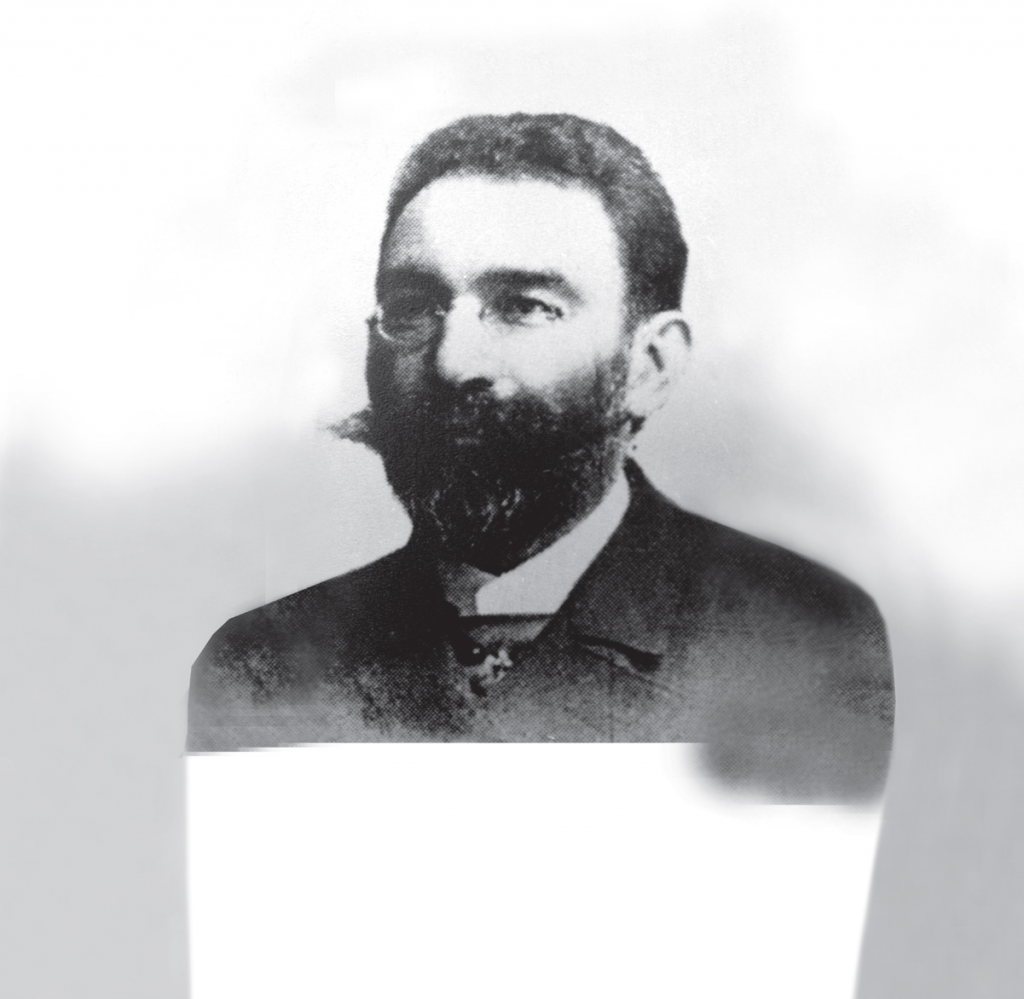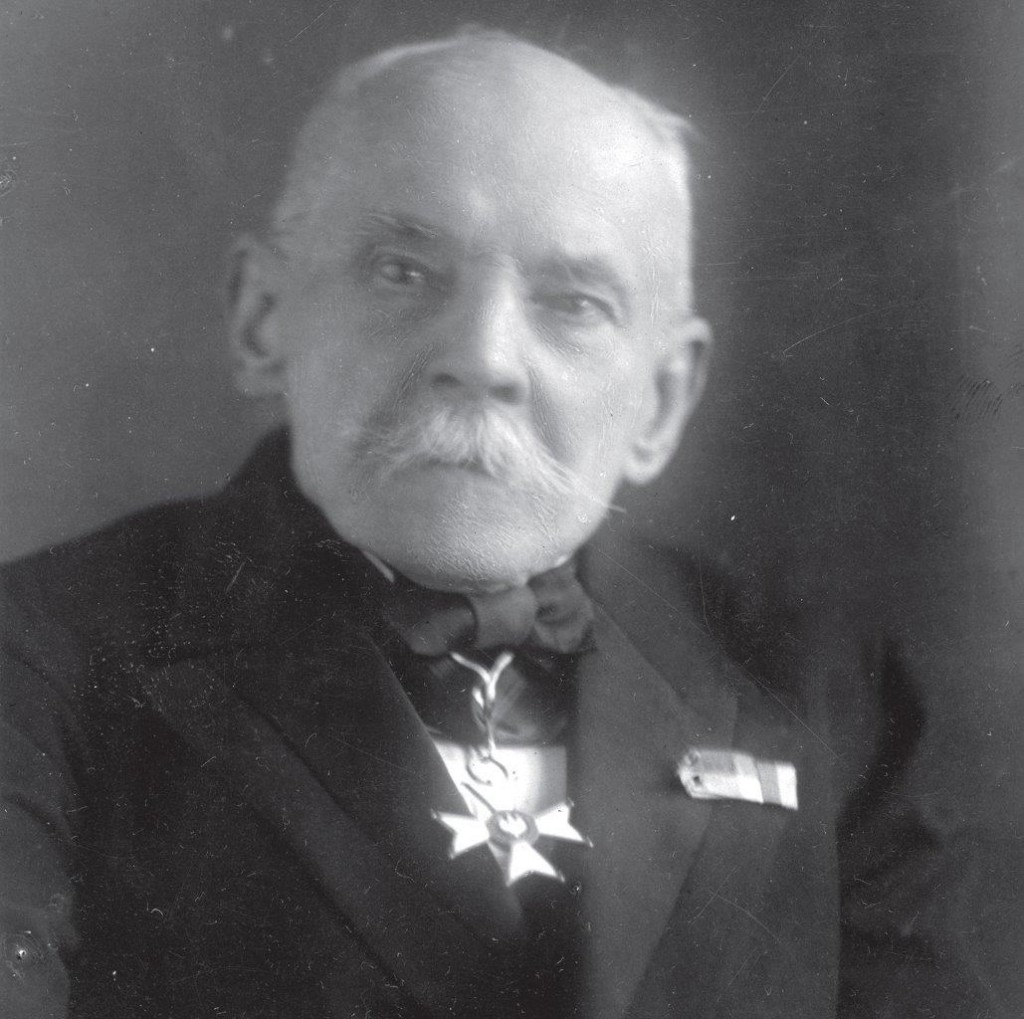Stanisław Jabłonowski was born in Annopol in Volhynia and died in Lviv. His name was established in the history books of the global oil industry due to the event in January of 1852, when he founded first oil mine in the Empty Forest in Siary, near Gorlice. In 1853, his company was noticed by Antoni Schwarz, a councillor of the Kraków Chamber of Commerce, who was touring six districts of West Galicia. This is what he wrote about Jabłonowski’s property: “As production evolves, there is potential industrial value in the natural resource and oil recently discovered at the Kobylanka property of Prince Jabłonowski for production of a mixture known as asphalt. Jabłonowski obtains a previously purified black liquid from the oil. The liquid burns with a clean and beautiful flame and burns out completely. With progress in production, this liquid could completely replace the purified oil currently used in lamps.”
Albert Fauck was born in Słupsk and died in Marcinkowice. While in emigration in the United States, he fought in the Civil War, studied, and worked as an intern at coal and ore mines. His intuition of future success brought him back to Europe. In 1863, Fauck opened an oil company and launched intensive exploration. He quickly rose to fame as a prominent expert in drilling and tried to improve the methods and machinery used to extract black gold. He was the one who started the Pennsylvania drilling school and improved the Fabian cutter. In 1872, he replaced manual hammer drilling with steam machines, which considerably accelerated the development of the Galician oil industry. His devices were able to reach deeper and deeper – he reached a depth of 636m in Krościenko and 1,000m in Boryslav. He contributed his experiences to the early science of oil extraction.
He graduated from Higher Realschule in Kielce and from the Polish Military School in Genoa and Cuneo. He also studied economics at universities in Heidelberg, Leipzig, and Vienna. He was a member of the Polish National Government during the January Uprising. In 1868, he settled in Gorlice and took the job of head of the peasant bank. He founded Galicia’s first credit union and was elected president of the Union of Gainful and Economic Associations in Lviv. Biechoński ran the company together with Eufrozyna Dobrowolska. They managed 28 wells and employed 51 people. He wrote the book about the industry entitled: A Quick View of the Galician Oil Mining Industry.




